As the global carbon neutrality process accelerates, China’s new energy smart car industry is ushering in an explosive growth period of going overseas. The high tariff barriers in the European and American markets have prompted Chinese automakers to turn their attention to the “Belt and Road” countries. The latest report from iResearch reveals that Indonesia, Thailand, Poland, and Brazil have become the preferred destinations for China’s new energy industry chain to go overseas.
I.Why choose the “Belt and Road” market?
(1) Soaring trade volume: Import and export volume in 2024 will reach 22.1 trillion yuan, an increase of more than 120% over 2013 (trade index 181.2)
(2) Infrastructure connectivity: A large number of ports and railways have been built in the past ten years to open up the Eurasian land rights channel
(3) Financial support: Four major funding pools such as the Asian Infrastructure Investment Bank and the BRICS Bank provide development momentum
(4) Avoiding high tariffs in Europe and the United States: Europe and the United States impose tariffs of up to 30% on Chinese new energy vehicles, and the Belt and Road Initiative has become the key to breaking the deadlock
II. Four major golden markets stand out
| nation | Core Advantages | Industrial layout case |
| Indonesia | 280 million population dividendNickel ore reserves rank first in the worldTarget to produce 1 million electric vehicles by 2035 | CATL invests $6 billion to build battery industrial park |
| Thailand | ASEAN Automobile Manufacturing Center40 countries 0 tariff export channelLabor costs are 30% lower than China | BYD puts right-hand drive car base into productionGuoxuan High-tech builds battery factory |
| Poland | EU tariff springboardLabor costs 40% lower than Western EuropeVolkswagen/Fiat mature industrial chain | Geely to cooperate in the production of electric car Izera |
| Brazil | South America’s largest automobile marketRich lithium reservesVale’s cooperative resources | BYD localizes production of blade batteries |
Screening criteria: Annual automobile production ≥5 0 million vehicles and annual sales ≥ 500,000 vehicles
III. Major changes in overseas strategies
(1) Collective expedition of the industrial chain
CATL, BYD and other leading companies drive the coordinated layout of the supply chain:
Southeast Asia: Thailand/Indonesia/Malaysia triangular production capacity belt
Eastern Europe: Hungary + Poland manufacturing dual hubs
South America: Brazil base radiates Argentina and other 11 countries
(2) Technical standards overseas
Zebra Smart Driving obtains EU RL55 certification, empowering Saudi car companies
Neusoft Group sets up a research and development center in Malaysia to output smart cockpit solutions
(3) Light asset innovation model product export → technology licensing → local OEM → joint venture factory construction
IV. Risk warning lights
Turkey: lira depreciates 40% annually + inflation rate 65%
South Korea: Hyundai Kia monopolizes 80% of the market
Russia: -30℃ severe cold weakens battery performance
South Africa: nationwide power outage threatens production
Data in depth: China’s new energy vehicle exports
▸2020: 1 million vehicles → 2024: 5.86 million vehicles

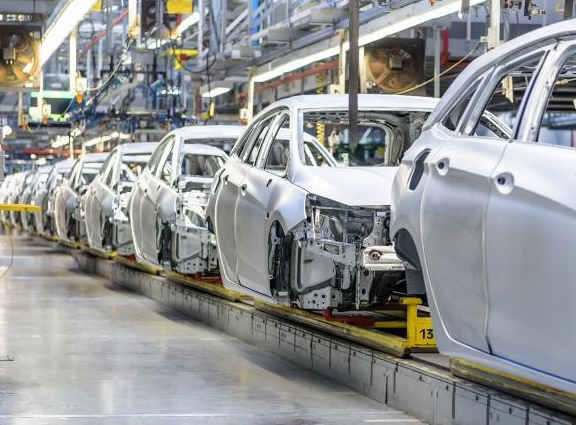

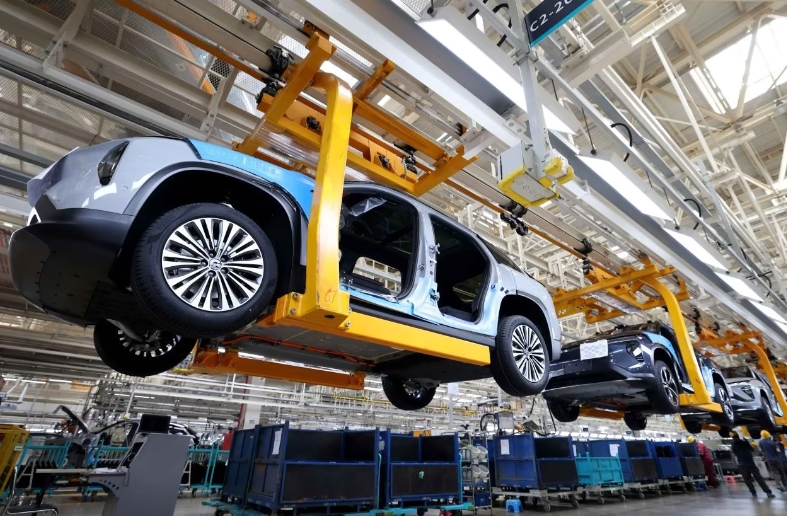
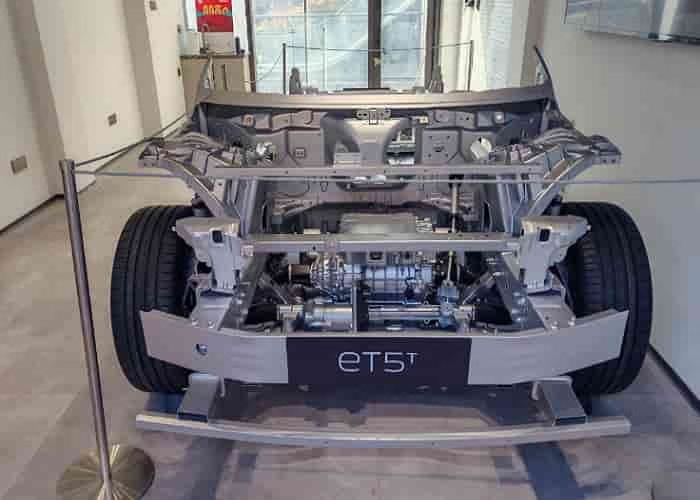
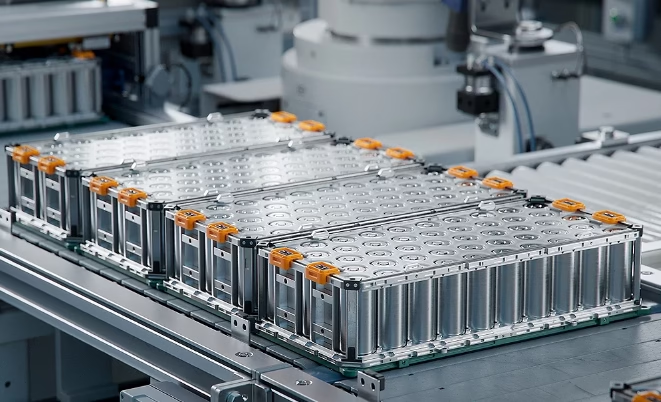
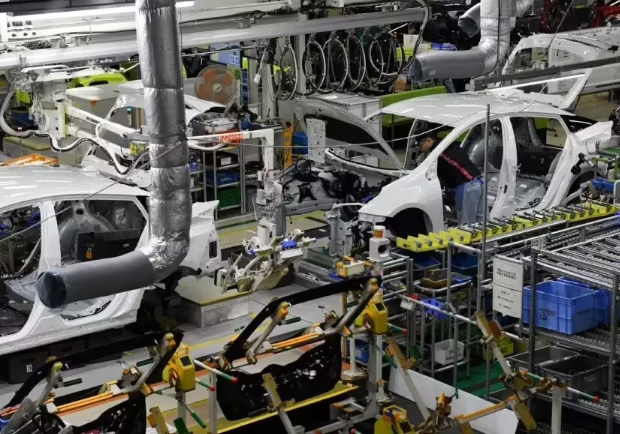
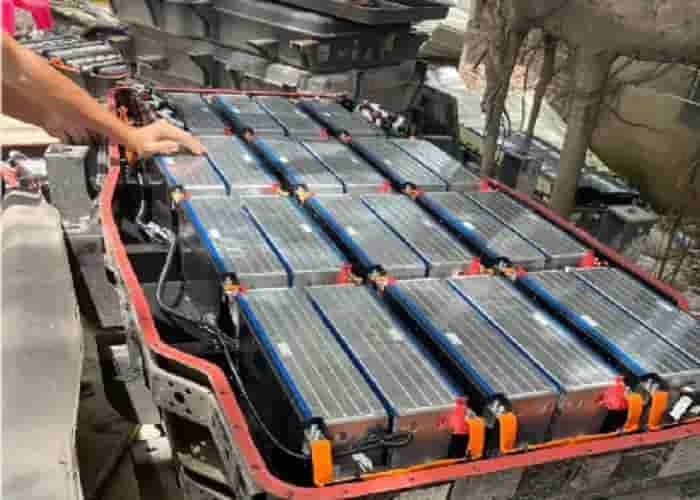
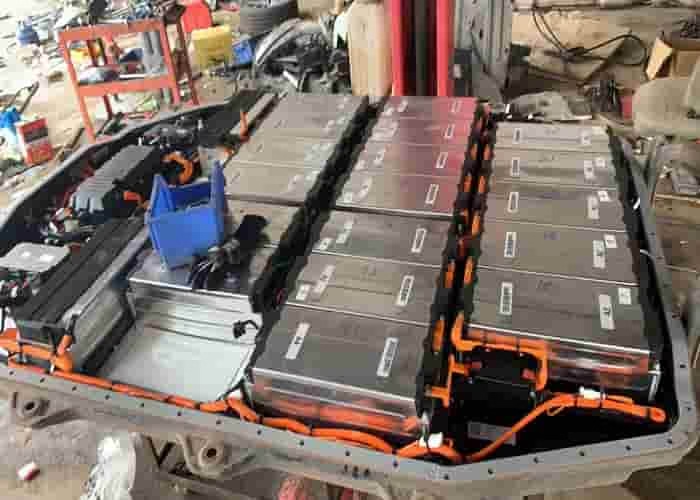
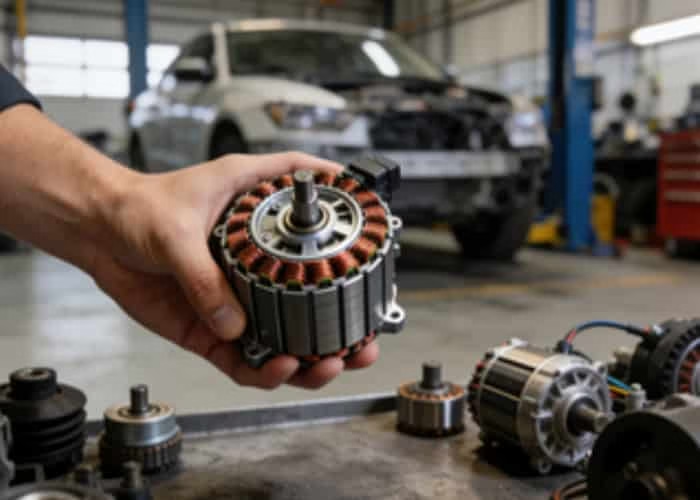
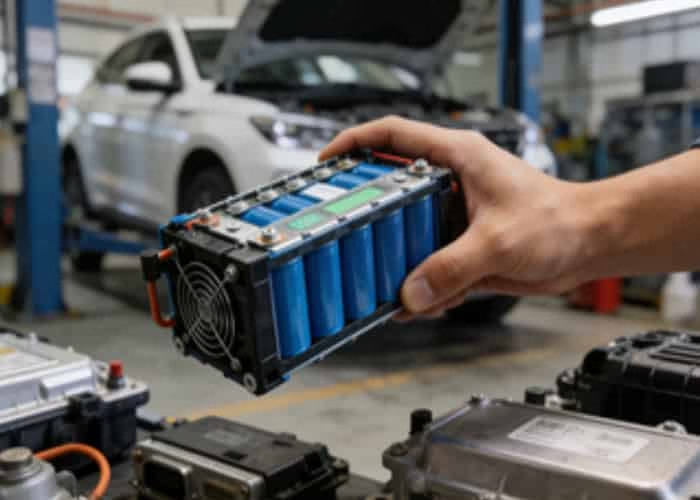
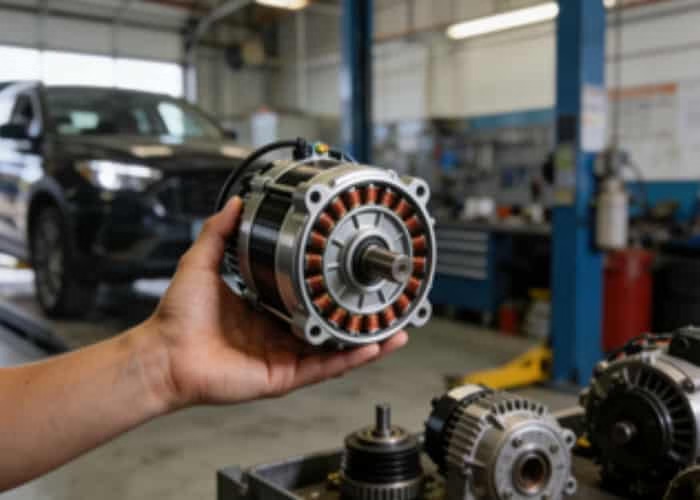

Leave a Reply